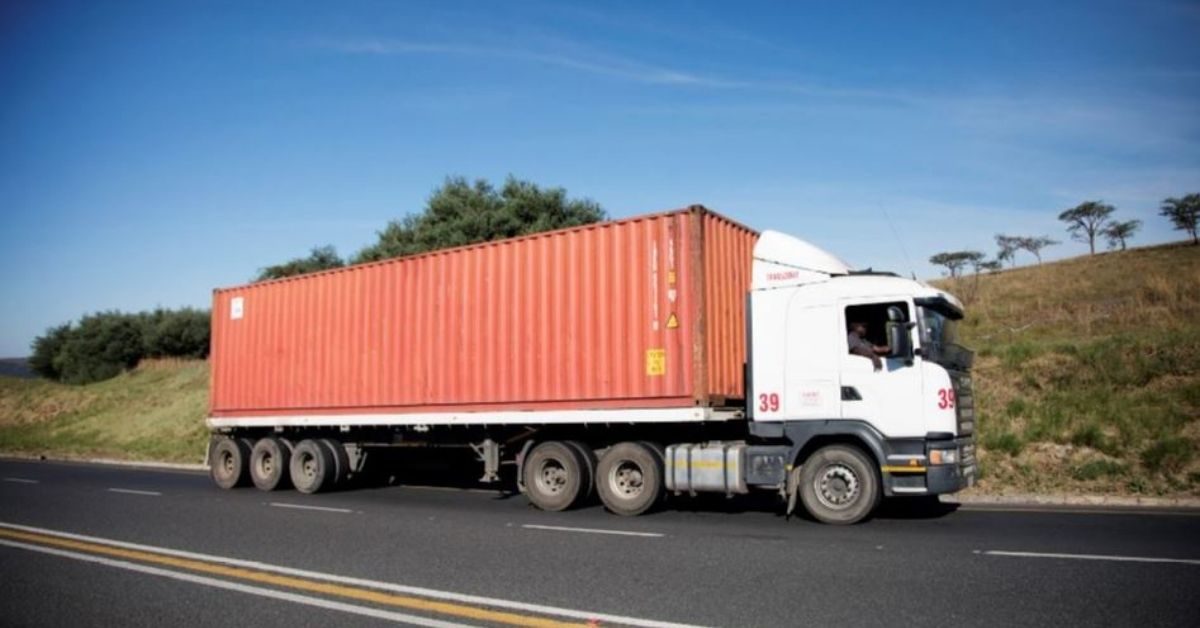Mobility-as-a-service (MaaS) market is likely to generate fuel cost savings of $10.8 billion by 2027 globally from $2.8 billion in 2022 – a growth of 282 per cent, a new report said on Monday.
MaaS platforms provide consumer urban transport solutions, such as ride hailing, bus and metro, integrated into a single platform.
Nearly 41 per cent of respondents ranked the cost of transport as being the most important factor when it comes to transportation.
According to Juniper Research’s Urban Mobility Survey, MaaS growth is due not only to it being a cheaper travel alternative but also to the convenience it provides by offering transportation with planning, purchasing and ticketing combined in a single app.
The report said that the CO2 reduction from private car journeys displaced is also fuelling the growth of MaaS.
“MaaS has the ability to improve corporate social responsibility. As a result, MaaS vendors must appeal to companies by demonstrating how MaaS can significantly reduce their carbon emissions from travel,” said research author Cara Malone.
These savings will be achieved by MaaS’ ability to reduce congestion by displacing private vehicle usage with public transport over MaaS platforms.
The distance travelled via micro-mobility, a form of transportation using lightweight vehicles such as bicycles and scooters, is set to grow 780 per cent globally between 2022 and 2027, the report predicted.
Micro-mobility enables users to traverse through highly congested cities for the first and last mile of their journey. The growth will be driven by the increased deployment of micro-mobility infrastructure, including docking stations, bicycles and scooters, the report added.








